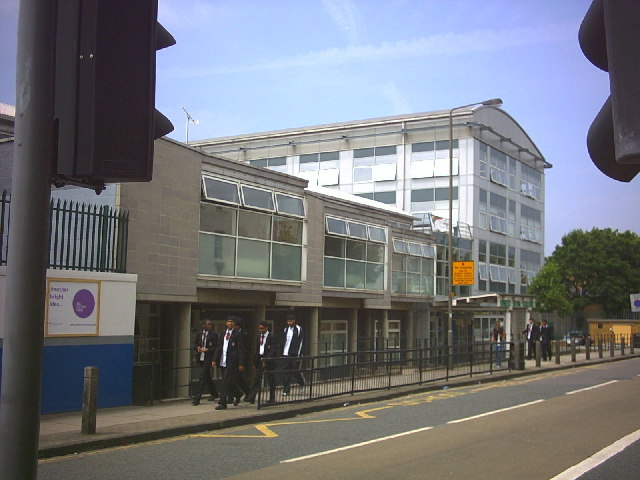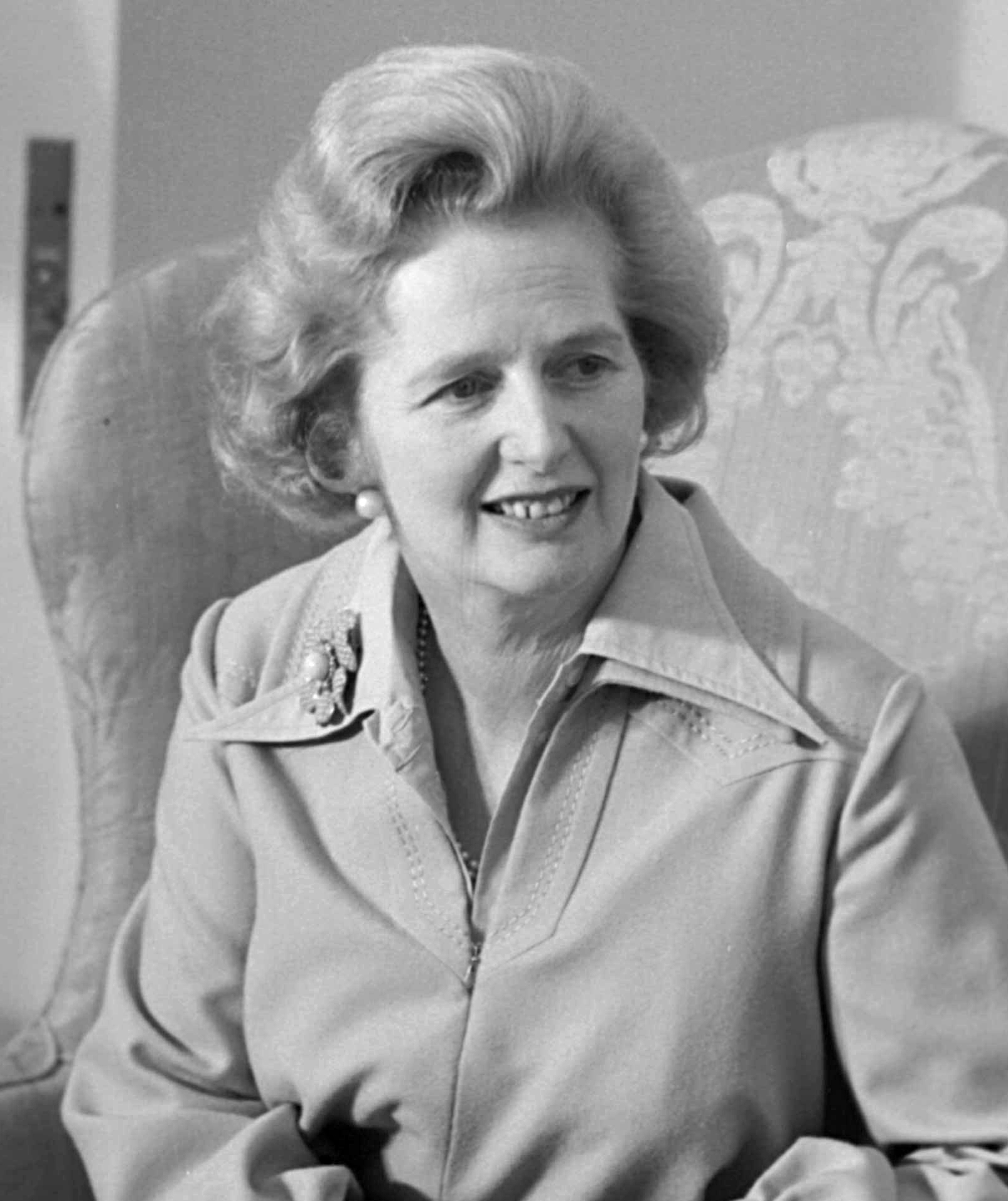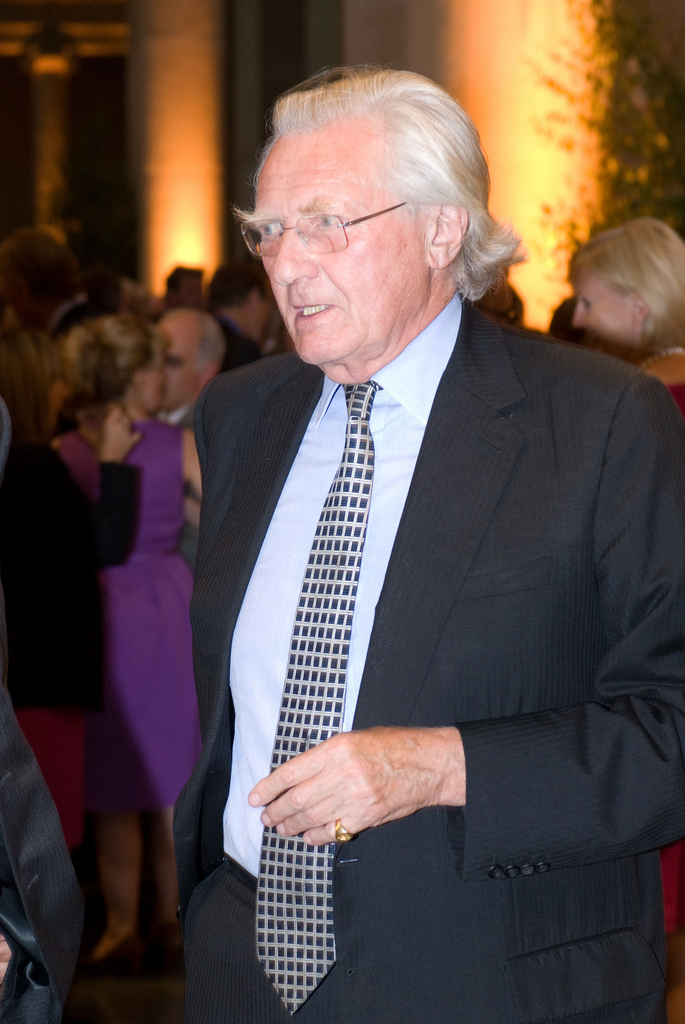|
Directly Elected Mayors In England And Wales
In England, directly elected mayors are directly elected executive political leaders of some local government bodies, usually either local authorities (councils) or combined authorities. Mayors of the latter may be informally referred to as “ metro mayors”. The first such post was the Mayor of London, created as the executive of the Greater London Authority in 2000 as part of a reform of the local government of Greater London. Since the Local Government Act 2000, all of the several hundred principal local councils in England and Wales have been required to review their executive arrangements. Examples of local authority mayors include the Mayor of Middlesbrough and the Mayor of North Tyneside. Metro mayors include the Mayor of Greater Manchester and the Mayor of the West Midlands. Legislation on directly elected mayors applies both to England and Wales, but there are currently no directly elected mayors in Wales. Metro mayors and the Mayor of London enjoy a se ... [...More Info...] [...Related Items...] OR: [Wikipedia] [Google] [Baidu] [Amazon] |
England And Wales
England and Wales () is one of the Law of the United Kingdom#Legal jurisdictions, three legal jurisdictions of the United Kingdom. It covers the constituent countries England and Wales and was formed by the Laws in Wales Acts 1535 and 1542. The substantive law of the jurisdiction is English law. The Welsh devolution, devolved Senedd (Welsh Parliament; ) – previously named the National Assembly for Wales – was created in 1999 under the Government of Wales Act 1998 and provides a degree of Self-governance, self-government in Wales. The powers of the legislature were expanded by the Government of Wales Act 2006, which allows it to pass Welsh law, its own laws, and the Act also formally separated the Welsh Government from the Senedd. There is currently no Devolved English parliament, equivalent body for England, which is directly governed by the parliament and government of the United Kingdom. History of jurisdiction During the Roman occupation of Britain, the area of presen ... [...More Info...] [...Related Items...] OR: [Wikipedia] [Google] [Baidu] [Amazon] |
Regions Of England
The regions of England, formerly known as the government office regions, are the highest tier of sub-national division in England. They were established in 1994 and follow the 1974–96 county borders. They are a continuation of the former 1940s Historical and alternative regions of England#Standard statistical regions, standard regions which followed the 1889–1974 administrative county borders. Between 1994 and 2011, all nine regions had partly devolved functions; they no longer fulfil this role, continuing to be used for limited statistical purposes. While the UK was a member of the European Union, they defined areas (European Parliament constituencies in the United Kingdom, constituencies) for the purposes of elections to the European Parliament. Eurostat also used them to demarcate First level NUTS of the European Union, first level Nomenclature of Territorial Units for Statistics (NUTS) regions ("NUTS 1 regions") within the European Union, which in 2021 were superseded b ... [...More Info...] [...Related Items...] OR: [Wikipedia] [Google] [Baidu] [Amazon] |
Greater London Authority Act 1999
The Greater London Authority Act 1999 (c. 29) is the Act of Parliament that established the Greater London Authority, the London Assembly and the Mayor of London. Background Before the creation of the Greater London Authority, there was no single entity managing the entirety of London. Governance of the city was fragmented, and responsibilities for planning, transport, and other city-wide matters were divided between local boroughs and national authorities. In 1965, the Greater London Council was established, covering a broader area. It managed transport, strategic planning, and services across Greater London. The Greater London Council, however, was dissolved in 1986 by the Local Government Act 1985 and its powers were devolved to the London boroughs and other entities. The Act was brought in after a referendum was held under the Greater London Authority (Referendum) Act 1998 (c. 3). The referendum question was: 'Are you in favour of the Government's proposals for a Greate ... [...More Info...] [...Related Items...] OR: [Wikipedia] [Google] [Baidu] [Amazon] |
Sadiq Khan
Sir Sadiq Aman Khan (, ; born 8 October 1970) is a British politician serving as Mayor of London since 2016. He was previously Member of Parliament (United Kingdom), Member of Parliament (MP) for Tooting (UK Parliament constituency), Tooting from 2005 until 2016. A member of the Labour Party (UK), Labour Party, Khan is on the party's soft left and has been ideologically characterised as a social democrat. Born in Tooting, South London, to a British Pakistani family, Khan earned a law degree from the University of North London. He subsequently worked as a solicitor specialising in human rights issues and chaired the Liberty (advocacy group), Liberty advocacy group for three years. Joining the Labour Party, Khan was a councillor for the London Borough of Wandsworth from 1994 to 2006 before being elected MP for Tooting at the 2005 United Kingdom general election, 2005 general election. He was openly critical of several policies of Labour Prime Minister Tony Blair, including the 2 ... [...More Info...] [...Related Items...] OR: [Wikipedia] [Google] [Baidu] [Amazon] |
Boris Johnson
Alexander Boris de Pfeffel Johnson (born 19 June 1964) is a British politician and writer who served as Prime Minister of the United Kingdom and Leader of the Conservative Party (UK), Leader of the Conservative Party from 2019 to 2022. He was previously Foreign Secretary (United Kingdom), Foreign Secretary from 2016 to 2018 and Mayor of London from 2008 to 2016. He was Member of Parliament (United Kingdom), Member of Parliament (MP) for Henley (UK Parliament constituency), Henley from 2001 to 2008 and for Uxbridge and South Ruislip from 2015 to 2023. In his youth Johnson attended Eton College and Balliol College, Oxford, and he was elected president of the Oxford Union in 1986. In 1989 he began writing for ''The Daily Telegraph'', and from 1999 to 2005 he was the editor of ''The Spectator''. He became a member of the Shadow Cabinet of Michael Howard in 2001 before being dismissed over a claim that he had lied about an extramarital affair. After Howard resigned, Johnson became ... [...More Info...] [...Related Items...] OR: [Wikipedia] [Google] [Baidu] [Amazon] |
Ken Livingstone
Kenneth Robert Livingstone (born 17 June 1945) is an English former politician who served as the Leader of the Greater London Council (GLC) from 1981 until the council was Local Government Act 1985, abolished in 1986, and as Mayor of London from the Greater London Authority Act 1999, creation of the office in 2000 until 2008 London mayoral election, 2008. He also served as the Member of Parliament (MP) for Brent East from 1987 United Kingdom general election, 1987 to 2001 United Kingdom general election, 2001. A former member of the Labour Party (UK), Labour Party, he was on the party's hard left, ideologically identifying as a socialist. Born in Lambeth, South London, to a working-class family, Livingstone joined Labour in 1968 and was elected to represent Norwood (electoral division), Norwood at the GLC in 1973 Greater London Council election, 1973, Hackney North and Stoke Newington (electoral division), Hackney North and Stoke Newington in 1977 Greater London Council ele ... [...More Info...] [...Related Items...] OR: [Wikipedia] [Google] [Baidu] [Amazon] |
Michael Heseltine
Michael Ray Dibdin Heseltine, Baron Heseltine, (; born 21 March 1933) is a British politician. Having begun his career as a property developer, he became one of the founders of the publishing house Haymarket Media Group in 1957. Heseltine served as a Conservative Party (UK), Conservative Member of Parliament (United Kingdom), Member of Parliament from 1966 to 2001. He was a prominent figure in the governments of Margaret Thatcher and John Major, and served as Deputy Prime Minister of the United Kingdom, Deputy Prime Minister and First Secretary of State under Major from 1995 to 1997. Heseltine entered the Cabinet of the United Kingdom, Cabinet in 1979 as Secretary of State for the Environment, where he promoted the "Right to Buy" campaign that allowed people to purchase their council houses. He was considered an adept media performer and a charismatic minister, although he was frequently at odds with Thatcher on economic issues. He was one of the most visible Wets and dries, ... [...More Info...] [...Related Items...] OR: [Wikipedia] [Google] [Baidu] [Amazon] |
Second Major Ministry
John Major formed the second Major ministry following the 1992 general election after being invited by Queen Elizabeth II to begin a new government. His government fell into minority status on 13 December 1996. Formation The change of leader from Margaret Thatcher to John Major saw a dramatic turnaround in Conservative support, with the double-digit lead in the opinion polls for the Labour Party being replaced by a narrow Conservative one by the turn of 1991. Although a general election did not have to be held until June 1992, Labour leader Neil Kinnock kept pressurising Major to hold an election during 1991, but Major resisted the calls and there was no election that year. The recession which began in the autumn of 1990 deepened during 1991, with unemployment standing at nearly 2.5 million by December 1991, compared to 1.6 million just 18 months earlier. Despite this, Tory support in the opinion polls remained relatively strong, with any Labour lead now being by the nar ... [...More Info...] [...Related Items...] OR: [Wikipedia] [Google] [Baidu] [Amazon] |
Deputy Prime Minister Of The United Kingdom
The deputy prime minister of the United Kingdom is an honorific title given to a minister of the Crown and a member of the British Cabinet, normally to signify a very senior minister, the deputy leader of the governing party, or a key political ally of the Prime Minister of the United Kingdom, prime minister. It does not entail any specific legal or constitutional responsibilities, though the holder will normally be assigned some duties by the prime minister and in recent times this has typically always included deputising for The Prime Minister in the House of Commons of the United Kingdom, House of Commons, domestically and abroad. Appointment to the position is usually paired with appointment to a departmental secretary of state position. The title is not always in use and prime ministers have been known to appoint deputies with title First Secretary of State, first secretary of state or informal deputies without any honorific title. The current Deputy Prime Minister is A ... [...More Info...] [...Related Items...] OR: [Wikipedia] [Google] [Baidu] [Amazon] |
Mayoral Council For England
The Mayoral Council for England is a political body in England that brings together ministers from the UK Government, the Mayor of London, and combined authority Directly elected mayors in England, mayors. History Background David Cameron's proposed English Cabinet of Mayors UK prime minister David Cameron proposed in 2012 that England's directly elected mayors sit within an "English Cabinet of Mayors", giving them the opportunity to share ideas and represent their regions at English national level. This proposed cabinet of mayors would have been chaired by the prime minister and meet at least twice a year. However, no action was taken to form such a body. Gordon Brown's proposed Council of England Plans for a "Council of England" featured in a 2022 Labour Party (UK), Labour Party report on Constitutional reform in the United Kingdom, constitutional reform by Gordon Brown titled ''A New Britain: Renewing our Democracy and Rebuilding our Economy''. The proposed council would be ... [...More Info...] [...Related Items...] OR: [Wikipedia] [Google] [Baidu] [Amazon] |
First Minister
A first minister is any of a variety of leaders of government cabinets. The term literally has the same meaning as "prime minister" but is typically chosen to distinguish the office-holder from a superior prime minister. Currently the title of ''first minister'' is used to refer to the political leader of a devolved national government, such as the devolved governments of Scotland, Wales, and Northern Ireland, or of a dependent territory. Canada In Canada, a first minister is any of the Canadian first ministers of the Crown, otherwise known as heads of government, including the Prime Minister of Canada and the provincial and territorial premiers. The title is used in such formulae as " first ministers' meetings". In Newfoundland and Labrador, the Inuit self-governing region of Nunatsiavut provides for a first minister responsible to the Nunatsiavut Assembly. Norway The head of government of Norway was called ''first minister'' () between 1814 and 1873, while it was in pe ... [...More Info...] [...Related Items...] OR: [Wikipedia] [Google] [Baidu] [Amazon] |






